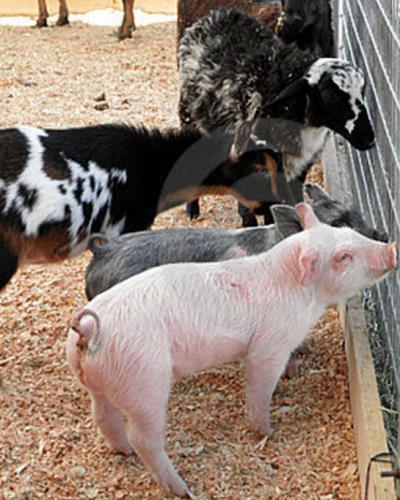Bogotá, March 5 (RHC) -- Colombian veterinary authorities have reported an outbreak of classical swine fever at a pig farm in the northeastern department of Cesar, affecting semi-confined backyard pigs that came into contact with pigs affected by other outbreaks.
According to a report submitted Tuesday by the World Organization for Animal Health (OIE), a total of seven pigs showed signs of susceptibility, out of which one death was reported. The remaining six pigs were destroyed.
Introduction of new live animals, contact with infected animals at grazing/watering and fomites (humans, vehicles, feed, etc.) have been identified as the main sources of the outbreaks.
In the administrative division of Cesar, a total of 20,848 pigs have received vaccination.
In Cuba, a swine fever outbreak in 1971 forced the slaughter of 500,000 pigs to prevent a nationwide animal epidemic.
The virus was introduced by anti-Cuba terrorists, backed by the U.S. Central Intelligence Agency, for the purposes of destabilizing the Cuban economy and government. The outbreak was labeled the "most alarming event" of 1971 by the United Nations Food and Agricultural Organization.


